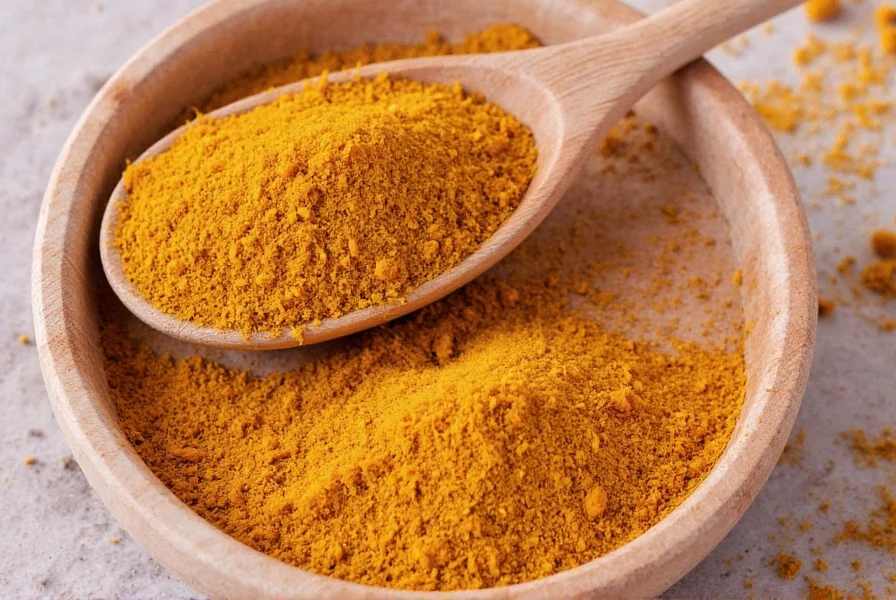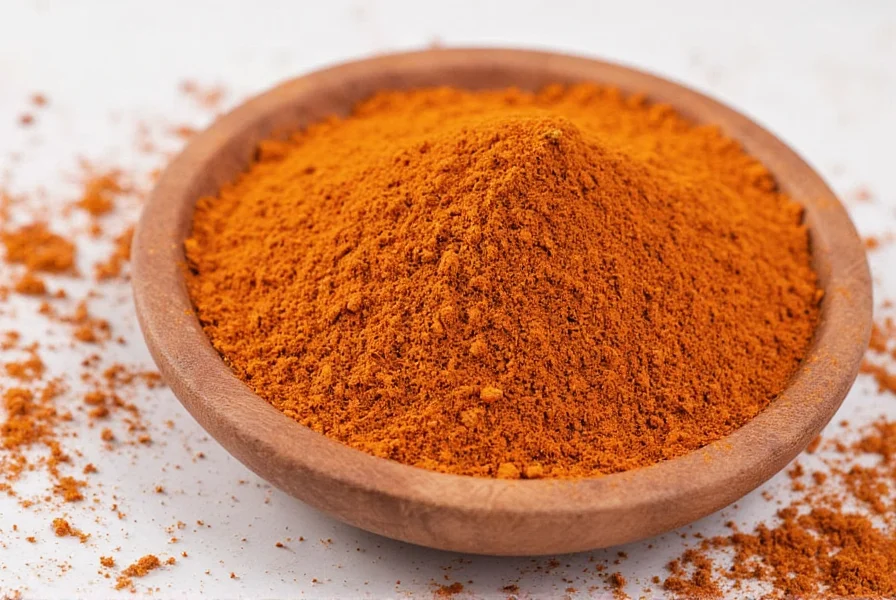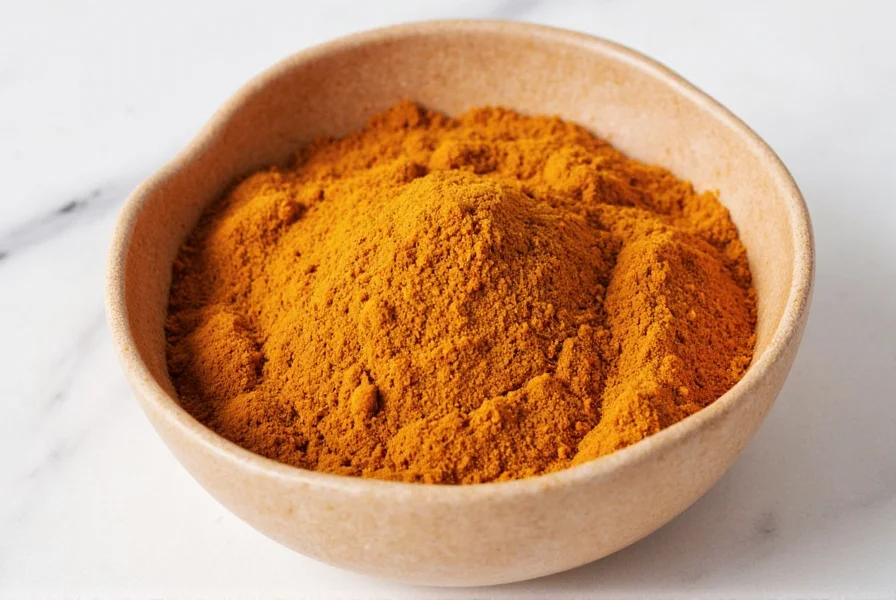Scientific research indicates cumin (Cuminum cyminum) offers several potential health benefits including improved digestion, antioxidant properties, blood sugar regulation, cholesterol management, and anti-inflammatory effects. Most evidence comes from animal studies and preliminary human trials, with more rigorous research needed to confirm many benefits.
Cumin, one of the world's oldest spices, has been used for both culinary and medicinal purposes for thousands of years. This small seed from the Cuminum cyminum plant contains numerous bioactive compounds that may contribute to various health benefits. While traditional medicine has long praised cumin's properties, modern science is now investigating which claims hold up under rigorous examination.
The Science Behind Cumin's Composition
Cumin seeds contain several important compounds that contribute to their potential health effects:
| Compound | Concentration in Cumin | Potential Health Impact |
|---|---|---|
| Thymoquinone | 30-50% | Antioxidant and anti-inflammatory properties |
| Terpenes | 20-30% | Digestive stimulation and antimicrobial effects |
| Phenolic acids | 5-15% | Antioxidant activity |
| Flavonoids | 2-8% | Anti-inflammatory and cell-protective effects |
These compounds work synergistically to potentially deliver the health effects associated with cumin consumption. The concentration of these compounds can vary based on growing conditions, processing methods, and whether whole seeds or ground cumin are used.

Evidence-Based Health Benefits of Cumin
Digestive Health Improvement
One of cumin's most well-documented benefits relates to digestive health. Multiple studies have shown that cumin stimulates the production of digestive enzymes, particularly those involved in fat and carbohydrate metabolism. A 2019 clinical trial published in Complementary Therapies in Medicine found that participants who consumed 300mg of cumin extract daily experienced significant improvements in symptoms of irritable bowel syndrome compared to placebo.
Researchers believe cumin's digestive benefits come from its ability to increase bile production, which helps break down fats. This makes cumin particularly beneficial when consumed with fatty meals. Traditional medicine systems like Ayurveda have long recommended cumin for digestive complaints, and modern science is beginning to validate these uses.
Antioxidant Properties
Cumin contains several potent antioxidants that help combat oxidative stress in the body. A comparative analysis in the Journal of Food Science and Technology ranked cumin among the top ten spices for antioxidant capacity. The primary antioxidants in cumin include terpenes, phenolic acids, and flavonoids.
These compounds neutralize free radicals that can damage cells and contribute to chronic diseases. In one study, cumin extract demonstrated stronger antioxidant activity than vitamin E in certain laboratory tests. While these findings are promising, researchers note that the actual antioxidant effects in the human body may differ from test tube results.
Blood Sugar Management
Several studies suggest cumin may help regulate blood sugar levels, making it potentially beneficial for people with prediabetes or type 2 diabetes. A randomized controlled trial in Nutrition Research found that participants who consumed 75mg of cumin powder daily for eight weeks showed significant improvements in fasting blood glucose and insulin resistance compared to the control group.
The mechanism appears to involve cumin's ability to enhance insulin sensitivity and protect pancreatic beta cells that produce insulin. However, experts caution that cumin should not replace conventional diabetes treatments but may serve as a complementary dietary approach. More large-scale human studies are needed to determine optimal dosages and long-term effects.
Cholesterol Management
Research indicates cumin may positively affect lipid profiles. A meta-analysis of clinical trials published in Phytotherapy Research concluded that cumin supplementation significantly reduced total cholesterol, LDL ("bad") cholesterol, and triglycerides while increasing HDL ("good") cholesterol.
The cholesterol-lowering effects appear most pronounced with regular consumption over several weeks. One theory suggests that cumin's compounds may interfere with cholesterol absorption in the intestines and enhance its excretion. For those exploring natural approaches to heart health, cumin represents a promising dietary addition, though it should complement rather than replace prescribed medications.
Anti-Inflammatory Effects
Chronic inflammation underlies many modern diseases, and cumin shows potential as a natural anti-inflammatory agent. Studies have demonstrated that cumin extracts can inhibit several inflammatory pathways and reduce markers of inflammation like C-reactive protein.
A 2020 review in Biomedicine & Pharmacotherapy highlighted cumin's ability to suppress pro-inflammatory cytokines. While most evidence comes from animal studies and cell cultures, the findings suggest cumin could be a valuable component of an anti-inflammatory diet. The effects appear dose-dependent, with higher consumption yielding more significant results.
How to Incorporate Cumin Into Your Diet
Adding cumin to your diet is simple and versatile. Here are evidence-based recommendations for maximizing potential benefits:
- Use whole seeds when possible: Lightly toast whole cumin seeds before grinding to enhance flavor and potentially preserve more bioactive compounds
- Pair with healthy fats: Combine cumin with olive oil or avocado to improve absorption of its fat-soluble compounds
- Include in cooked dishes: Add cumin during cooking rather than after, as heat helps release its active compounds
- Consider daily intake: Studies showing benefits typically used 300-750mg of cumin extract or 1-3 grams of ground cumin daily
- Combine with black pepper: Piperine in black pepper may enhance absorption of cumin's compounds
For digestive benefits, try adding cumin to bean dishes, which can help reduce gas and bloating. In traditional Indian cuisine, cumin is often paired with coriander and turmeric, creating a synergistic blend of spices with complementary health properties.

Safety Considerations and Potential Side Effects
Cumin is generally recognized as safe when consumed in typical culinary amounts. However, some considerations exist for higher therapeutic doses:
- Pregnancy: While culinary amounts are safe, medicinal doses should be avoided during pregnancy as cumin may stimulate uterine contractions
- Blood sugar medications: Cumin may enhance the effects of diabetes medications, potentially causing hypoglycemia
- Blood thinners: The coumarin content in cumin may interact with anticoagulant medications
- Allergies: Rare cases of cumin allergy have been reported, particularly among spice workers
- Digestive sensitivity: High doses may cause heartburn or stomach upset in some individuals
Most adverse effects occur only with consumption significantly above typical dietary levels. If you have specific health conditions or take medications, consult your healthcare provider before using cumin medicinally.
Limitations of Current Research
While the research on cumin benefits is promising, several limitations exist:
- Many studies use concentrated extracts rather than culinary amounts
- Most human trials have small sample sizes and short durations
- Significant research comes from animal studies, which don't always translate to humans
- Standardized dosing protocols are lacking across studies
- Long-term safety data for therapeutic doses is limited
Researchers consistently call for more rigorous, large-scale human trials to confirm many of cumin's purported benefits. The current evidence supports cumin as a potentially beneficial dietary component, but not as a replacement for medical treatments.
Conclusion
Cumin offers several scientifically supported health benefits, particularly for digestion, antioxidant protection, blood sugar regulation, cholesterol management, and inflammation reduction. While traditional medicine has praised cumin for centuries, modern research is beginning to validate many of these uses through controlled studies.
The most compelling evidence exists for cumin's digestive benefits and antioxidant properties, with promising but preliminary research on its effects for metabolic health. When incorporating cumin into your diet, focus on culinary use in whole food contexts rather than relying on it as a standalone treatment for medical conditions.
As with any dietary component, moderation and variety remain key. Cumin works best as part of a diverse, plant-rich diet rather than as a singular miracle solution. Future research will likely provide more clarity on optimal dosages and specific applications for cumin's health-promoting properties.
Frequently Asked Questions
What is the recommended daily amount of cumin for health benefits?
Studies showing health benefits typically use 1-3 grams (about 1/2 to 1 teaspoon) of ground cumin daily. This amount is easily incorporated into meals without exceeding safe consumption levels. For cumin extract supplements, research often uses 300-750mg daily, but consult a healthcare provider before starting supplements.
Can cumin help with weight loss?
Some preliminary studies suggest cumin may support weight management by improving metabolism and reducing fat accumulation. A 2017 study in Nutrition Journal found that women who consumed cumin powder daily lost more weight than the control group. However, these effects were modest, and cumin should be viewed as a complementary approach rather than a primary weight loss solution.
Is black cumin the same as regular cumin?
No, black cumin (Nigella sativa) and regular cumin (Cuminum cyminum) are different plants with distinct properties. Black cumin seeds are smaller, black, and have different active compounds like thymoquinone. While both have health benefits, they shouldn't be used interchangeably when following research on specific health effects.
How does cumin compare to turmeric for inflammation?
Both spices have anti-inflammatory properties but work through different mechanisms. Turmeric's curcumin is particularly potent for inflammation, while cumin works through different pathways. Research suggests they may have complementary effects when used together. Turmeric generally has stronger evidence for inflammation reduction, but cumin offers broader digestive benefits.
Can I consume cumin if I have gallstones?
People with gallstones should consult their healthcare provider before consuming large amounts of cumin. Cumin stimulates bile production, which could potentially cause discomfort for those with gallstones. Culinary amounts are generally safe, but medicinal doses might exacerbate symptoms in susceptible individuals.











 浙公网安备
33010002000092号
浙公网安备
33010002000092号 浙B2-20120091-4
浙B2-20120091-4